I’m fortunate, I get to go to Ypres and the Somme and indeed various other bits of the Western Front fairly often, I do it mostly for my own vicarious pleasure/misery or whatever you find you want to call it. If I face facts it is I suppose a strange thing to want to do in some ways, or in fact need to do at least twice a year. When I go as well as the looking at it and taking photographs of it, I like to have people to visit, that is apart from my own boys, my regulars if you like; the people I always go and say a silent hello to, I also like to go and visit a few new people each year, whether they be relatives of analogue or digital friends.
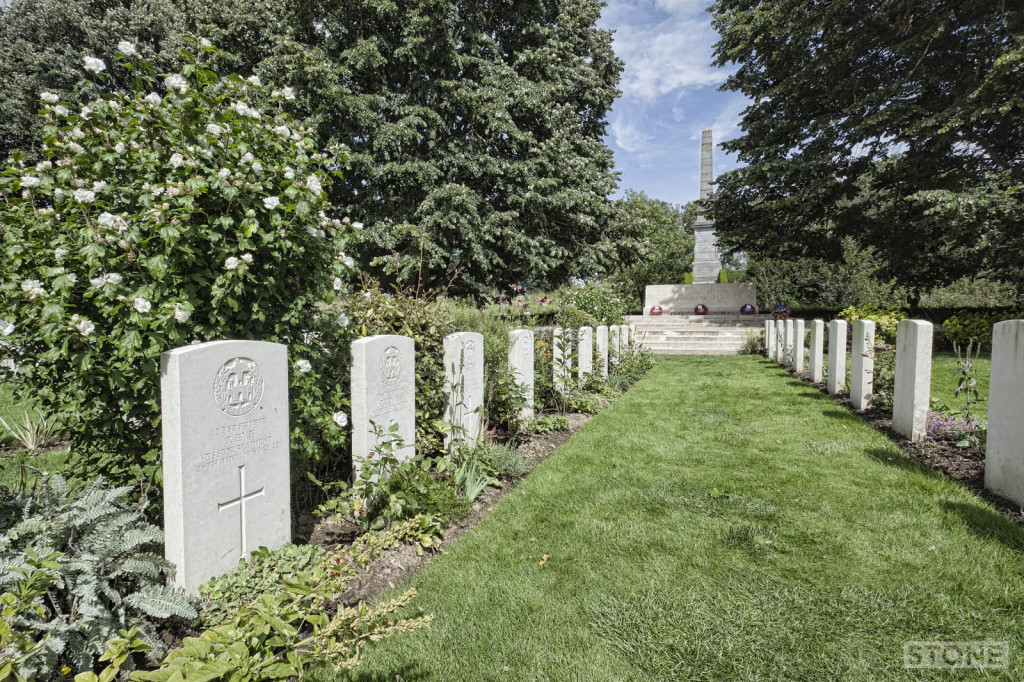
Skardon is a mate, that’s his digital name, we do both pints and internet and so forth, I’d say he has a broadly similar notion about the world to me generally speaking and a set of interests that align nicely with mine, I won’t go into detail, but we both like water towers, and more importantly we have some Essex family interest and perhaps a bit broader interest in both family history and in The a Great War on the Western Front. When I say family interest I mean like most of us he has some soil out there with his kith and kin’s blood and bone in it, some relatives at rest in the ground. When I get my shit together, one day I’ll organise a trip for a group of people, which will be largely based on death and beer, which when the former isn’t your own and the latter is, is a fine combination.
His family rest in two places, one is actually buried and has a grave, he is Percy Eve, the other Frederick is one of those ones that troubles the mind as he is ‘somewhere’, by which I mean he is remembered on the Menin Gate, which in turn means he has no known grave, so he is either in a ‘Known unto god – A Soldier of the Great War’ somewhere, or he is just somewhere in a field in the clay and silt, perhaps still clasping a button or a rifle, buried where he fell, in a shell hole or a hastily dug grave, something that I know well as previously covered the eternally misplaced humanity ‘the lost boys’ on the front in various other pieces on here and elsewhere. I have a couple of those, as in fact so do you probably if you dig about metaphorically in the archaeo-info-internet-thing that forms our Great War Crisis Centre when it comes to finding basic things out. You may need books too and a mind that doesn’t object to a bit of detective work and you will have a need for some internet coinage, war diaries cost money to download and are quite difficult to read. These weighty tomes were usually written by subalterns or lieutenants who happened to have survived the general attrition and could still hold a pencil without their hands shaking. The bonus for them should they get evaporated on the field of play was that generally they got named in the diary by their successor. The Ordinary Rank or O.R., quite often didn’t get anything more than a numeric mention unless they did something either side of the insanely brave/stupid line. So an officer sitting in a damp dugout with all the expected stereotypical rats, rot and candles hunkers down and writes ’24 O.R. dead’ *slurps whisky* ‘134 missing’ *tries to stop hand vibrating* ‘Corporal Pile carried Jenkins back and went back to get lieutenant Jingle-Pting-Ting-Arthurton’. *pulls self together – sniffs, has another tot*. It can’t have been hugely easy for anyone writing the damned things, whilst living the damned things.
Back to the Eve brothers, Percy is buried at Essex Farm, a rather nice well kept CWGC site which lies just to the North of Ypres, it nestles in beside the canal next to the the main road into the city from the North, it now has the added attraction of a fast bypass and a flyover on it’s doorstep. I can’t say I let it bother me particularly, because once you get past the parking and the road noise it is a verdant little land of green, life has to go on around these things. Ieper is growing Northward along the road, but Essex farm is a little oasis of pleasant at present. It’s also quite famous, because it fostered what has become one if the Great Great War clichés. This is where McCrae wrote his famous distillation of what appears to be his grief over the death of a fellow officer and friend. Originally published anonymously in Punch it echoes through the last century like a totem. He wrote it in or near the dressing stations where he worked around these dugouts (top picture on the page) very near the bridge, and the nature of things being what they are, you can find the words everywhere; mugs, tea towels, posters, postcards, bookmarks, on signs stuck up on the sides of fields where something messy and painful happened 100 years ago; hastily scrawled on card wrapped in cellophane and blue-tacked to a stick by a child then thrust into the dusty genetic soup wherein our ancestors reside. It also appears in museums and in every compendium of war poetry I think I’ve ever not bought, which given the number of other decent poets there were in the field perhaps makes it a little bit more unforgivable, I’m afraid I’ve long since consigned it to a similar bracket of ‘popularity’ that I tend to dump Coldplay, U2 and Keane into. A bit harsh you say, it’s a lovely poem isn’t it? Well no not really, given the complete message seems to appeal for yet more death even in grief. The dead using guilt to appeal to the living to continue entering the war and join them in the ground beneath the poppies. That torch being passed is in evidence in a sculpted echo at Vimy too. Give me Owen and Sassoon, Blunden, Wynn or Read or give me death, but then it’s about viewpoints really isn’t it and I don’t like McCrae’s position in the same way I find Junger’s adventurous enjoyment disturbing.
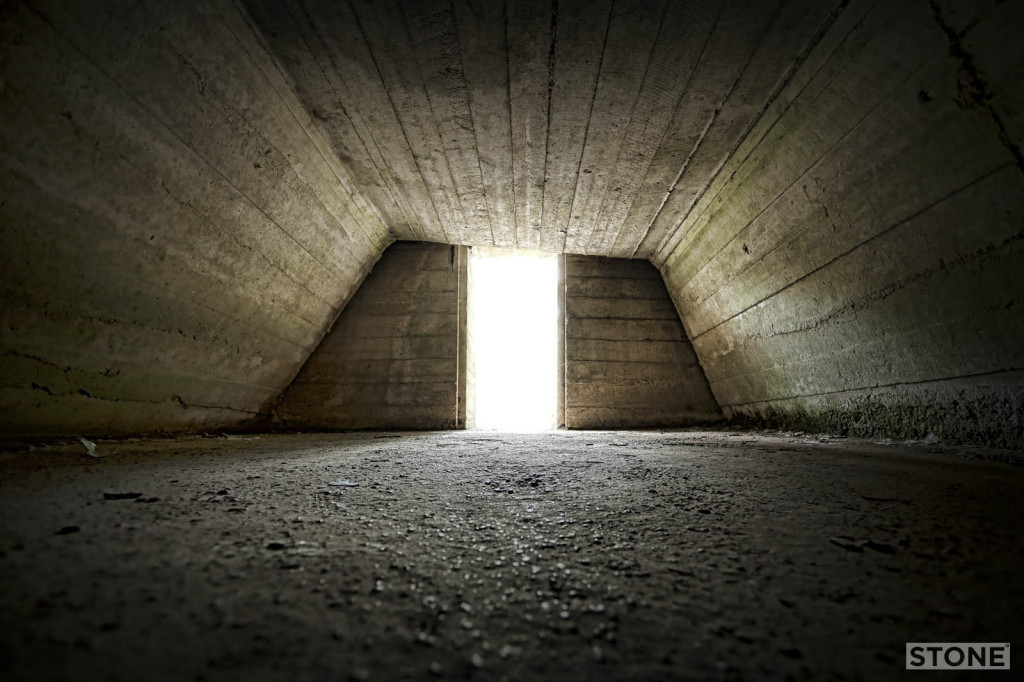
All that said it is very much part of the amorphous overall varnish or glue that holds the popular cultural image of The Great War together, to give credit where it’s due it does foster some feelings about that fuzzy collective history of ours and it’s not a bad poem if couplets and encouraging men to bravely go to their doom are your thing.
Anyway McCrae was here, he suffered in those dugouts and in the landscape and inadvertently marked this bit of a Flanders field as his despite the fact that he actually enjoyed being in the artillery more, death eventually turned up wielding a pneumonia tipped scythe which proved more effective than the gloop or flying metal, he is buried elsewhere on the front. His poem shares this landscape with Valentine Strudwick, one of the genuinely too young to get involved at only 15 years of age. Valentine is now posthumously something of a celebrity too, a Justin Bieber for our collective sentimentality attracting an endlessly regenerating fauna of poppies on wooden crosses, even the odd cuddly toy crops up. He shares this soil with many others including Percy Eve who like most, attracts little attention in the physical world whilst being remembered from afar. Because we were there and I like being a proxy we went and visited him, planting a secular poppy on a stick in front of the young old fella as you do in such circumstances, so the next person and the next along look on as it fades, and know he’s been remembered by someone.
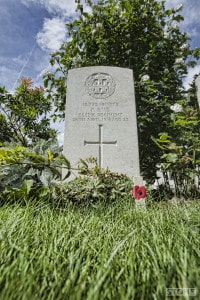 Private Percy Eve, served with the 11th Battalion Essex Regiment, one of Kitchener’s mob, his service number in life was 12739. He died on the 26th April 1916, he was only 22 which is no age to die, but then what is in reality. He now resides in a service numbered plot in death; II. L. 17. Which is more or less smack in the middle of Essex Farm in a row that leads up to the 49th West Riding Divisional memorial on the banks of the canal. Roses grow around him, it is all rather dutifully eye-stingingly beautiful.
Private Percy Eve, served with the 11th Battalion Essex Regiment, one of Kitchener’s mob, his service number in life was 12739. He died on the 26th April 1916, he was only 22 which is no age to die, but then what is in reality. He now resides in a service numbered plot in death; II. L. 17. Which is more or less smack in the middle of Essex Farm in a row that leads up to the 49th West Riding Divisional memorial on the banks of the canal. Roses grow around him, it is all rather dutifully eye-stingingly beautiful.
According to the records held by the CWGC he was the ‘Son of Walter and Alice Eve, of Peach Cottage, Broad’s Green, Great Waltham, Chelmsford, Essex. His brother Frederick Eve also fell’. There are no surviving records for Percy; most of them were destroyed in the Blitz during the Second World War. Of course the story is partly in the name, this is called Essex Farm for a reason, there are 28 men from the 11th Essex Regiment buried here, the first Essex boy hailing from a Leyton, part of my own genetic imprint, was planted here in 1915. The regiment were rotated in and out of the area for a fairly long period from 1915 to mid 1916, it appears Percy died not long after a little break in Calais.
His older brother is Rifleman Frederick Eve, these men are two of a family of nine children living their lives near Chelmsford in Essex, lost in the farmlands near Great Waltham. Fred was in the 1st Battalion of the Rifle Brigade, No: 963, he died on the 26th April 1915, he was 30. And is remembered on Panel 46 – 48 and 50 of the Menin Gate, on the side walls above the walkways not far from the brass model of the gate. His name inked in darkly into the cuts in the stone wall above head height amidst the rows of other Essex boys and regimental incomers, near the Leinsters, and the Cambs. He is one picked out of over 55,000 for a minute or two. With the convenience of repetition and like an echo the note on his CWGC record says ‘Son of Walter and Alice Eve, of Peach Cottage, Broads Green, Great Waltham, Chelmsford, Essex. His brother P. Eve also fell.’
Military records do actually exist for Fred; he was a regular in the 1st Battalion of the Rifle Brigade with a brief entry in the 4th Battalion. He had seen something of the world since signing up in 1905; Khartoum, Egypt, Malta, Tipperary and Alexandria, an enticing idea for a young man, ‘a grocer’ from Essex who plucked himself out of a humdrum life and went off to explore, better fed, better clothed. Like all the best men he received two punishments, both in 1911 firstly for being in a canteen when out of bounds, the other for ‘causing a disturbance’, both resulted in being confined to barracks. He left the Rifle Brigade and went into the reserve on the 13th of July 1914. A short lived experience, one would assume very short a few weeks of holiday away from the flags and badges then back in for training and preparation.
It is difficult to pinpoint an exact date when Frederick may have been called back up out of the reserve, but the concensus is that it was generally as fast as possible after the beginning of August 1914, his timeline could maybe have looked something akin to this: 4th August 1914 stationed in Colchester as part of the 11th Brigade of the 4th Division. By the 18th they’d moved to Harrow. On the 23rd they were mobilised Landing at Le Havre. Engagements included The awful Battle of Le Cateau, the Marne, the Aisne, and Ploegsteert Wood. The Battalion also apparently took part in the Christmas Truce with the Germans, I’d assume on the same piece of line they’d been trying to murder them on near Plugstreet.
By the spring of 1915 it’s easy to imagine a war not yet fully in its stagnant threshing stride, the big battles of 1917 and 1918, those tortoise like torturous mincing machines are what tend to be easily remembered in the general consciousness. Then The Second Battle of Ypres loomed up on the horizon, it commenced on the 22nd April 1915, Fred appears to have been seconded to the 3rd battalion at the time, it was To be his final show, it appears he was first wounded and then killed.
It is recorded that despite his unknown grave, a little note on his ‘Effects form’ states the return of ‘a small pocketbook, a Gospel of St John, letters, 8 halfpenny stamps’ and confirming that any medals received should be sent to his parents, the medal returns signed ‘with thanks’ by his mother, and that is that. By some imperfection in the laws of fairness his date of death is exactly a year to the day before was to die Percy die ten years age difference separated by 1 year in death. They lie quite near each other in the vast arc of riven soil and abomination that was the salient, two brothers, one lost with paperwork, one found and buried with no written remainder. Whilst looking at Percy’s grave in the sun, listening to the wind carrying the voices of the Belgians, Dutch and Canadian visitors over the cemetery I found myself wondering if Percy chose to sign up, partly captivated by the mesmeric kaleidoscope of what his society in those times wanted from its young men the pictures spinning in his head; that desire to fight for what we’re all told is right, and maybe partly for his older brother, taking up that quarrel with the foe… ….though poppies grow.
In Flanders fields
In Flanders fields the poppies blow
Between the crosses, row on row,
That mark our place; and in the sky
The larks, still bravely singing, fly
Scarce heard amid the guns below.
We are the Dead. Short days ago
We lived, felt dawn, saw sunset glow,
Loved and were loved, and now we lie
In Flanders fields.
Take up our quarrel with the foe:
To you from failing hands we throw
The torch; be yours to hold it high.
If ye break faith with us who die
We shall not sleep, though poppies grow
In Flanders fields.
If you want to see some of Skardon’s frankly amazing family photos from the 1930s, including a family visit to Etaples, a Tyne Cot and Ostend click here and have a browse, some real beauties.
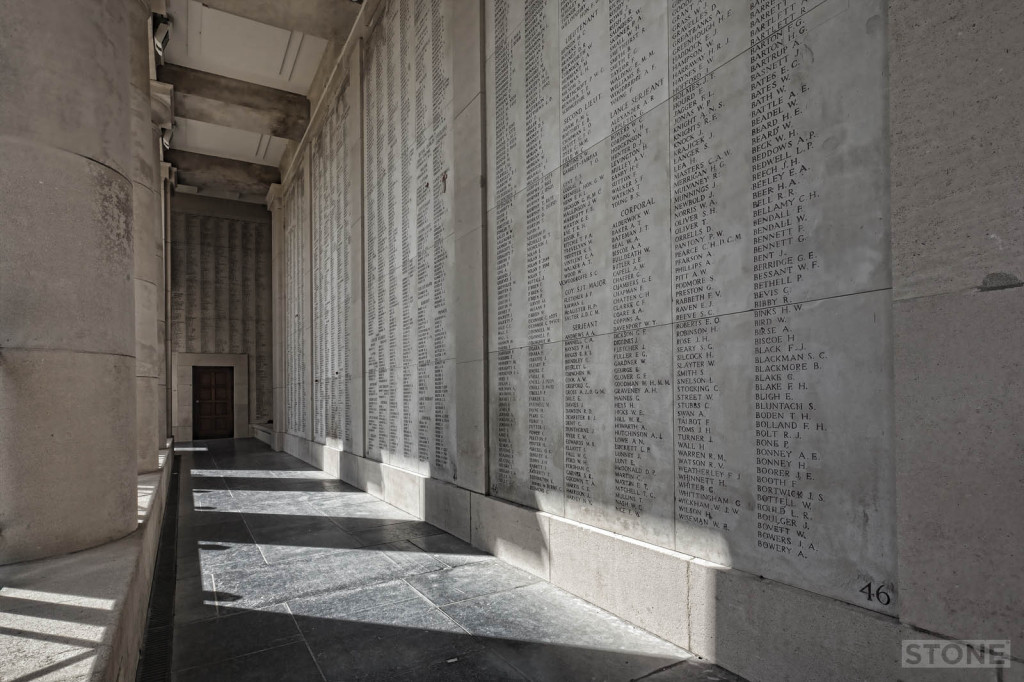

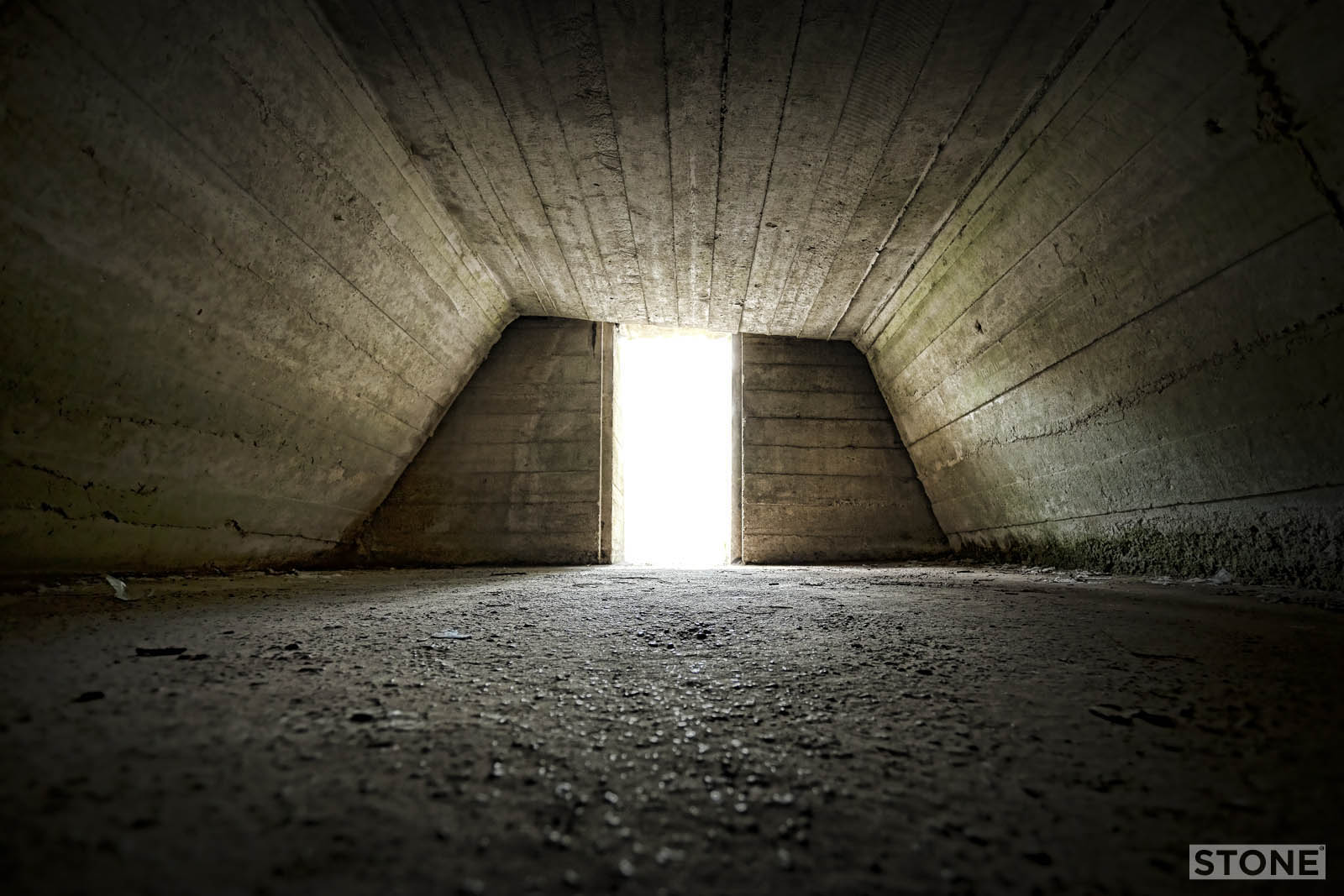
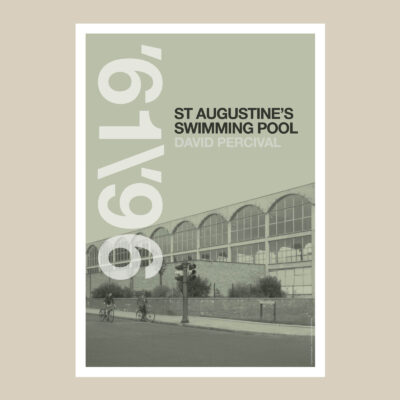
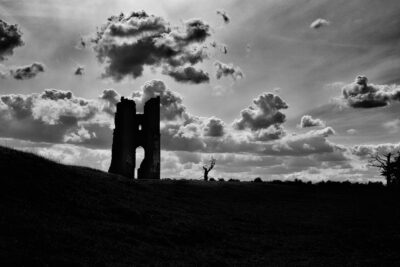
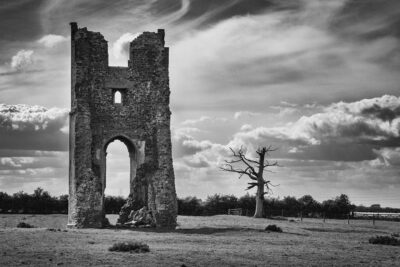
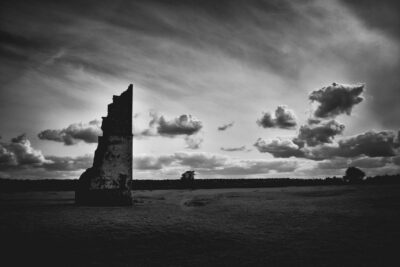
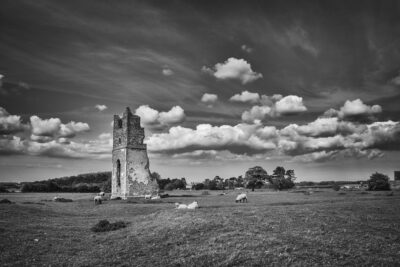
Beautifully written Nick – very moving.
I too wonder at that last verse – sounds like revenge – but perhaps when faced with (what you see as) a grave threat, there doesn’t appear to be much choice. Just because one side has had enough of fighting and killing doesn’t mean the other side has.
“War is a violent teacher.” Thucydides.
Nick, thank you so much for sharing this. As you can see I share the same surname as the Eve boys and only came across them a month or so ago. I do wonder whether they are distant relatives, a possibility considering the “Surrey” Eve’s migrated westwards from you patch! Still they are two boys who I feel a close affinity to.
Many thanks
Charlie
I have just been doing some research on the Eves for my father as they were relatives of my Nans. Came across your article and it was really informative. If you have any further info on them We would love to hear it.